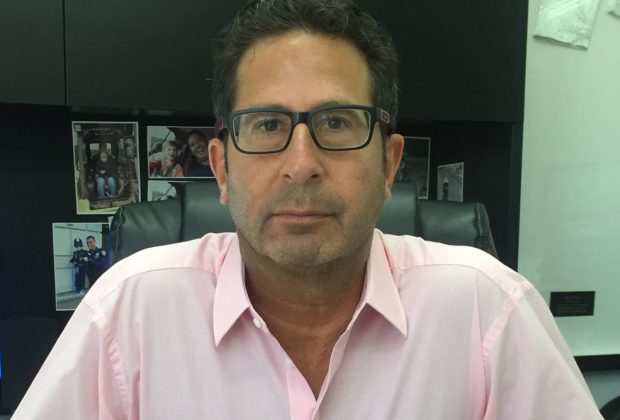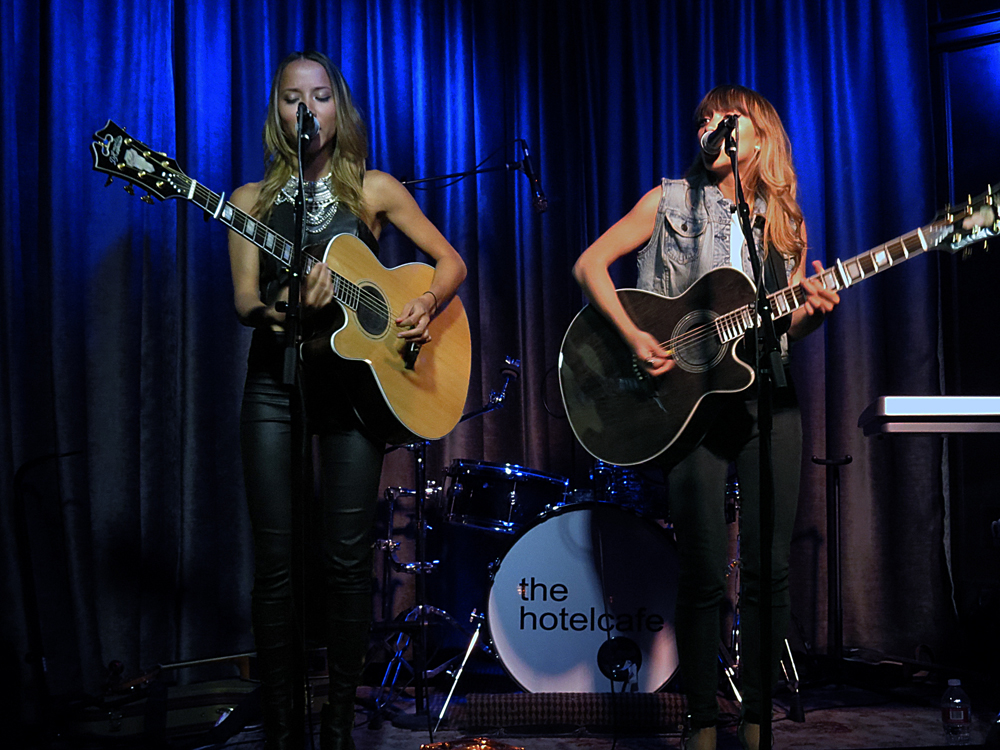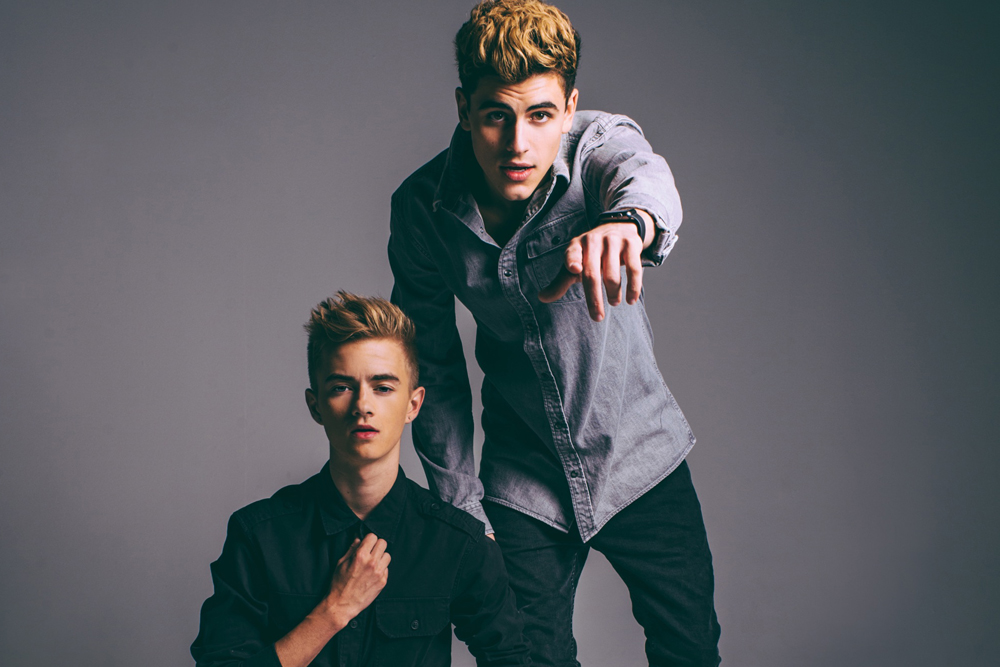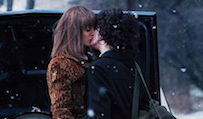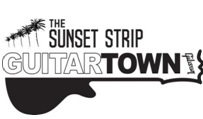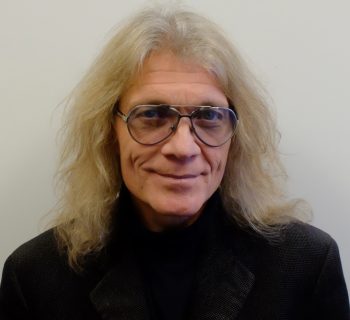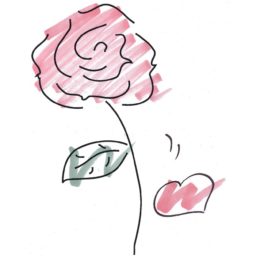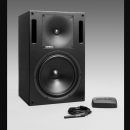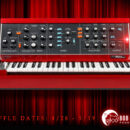BACKGROUND
Universal Attractions put James Brown on the map, and in his youth Jeff Allen served as an agent for the legend. A 37-year veteran of booking, Allen was also involved with metal during its nascent ascendance. More recently, he assembled I Love the 90’s, a tour for fanatics of that era’s pop R&B/hip-hop.
Open Doors
I started in the mailroom at Associated Booking, which was home in the early years to Louis Armstrong. In the years I [was there], it was B.B. King and Ashford & Simpson. I never looked back. I have friends in the record business who’ve been very successful, but in the early days the big money was made by record executives. Had I known that, I would probably be a record man.
You end up where you end up in life sometimes. A door opens and you either walk into it or don’t. I’m the kind of guy who always takes the door that’s open. I never gamble on the next door opening. I go through the door that’s currently open and that’s what opened.
What Makes a Legend?
James Brown transitioned from being a star to being a legend. Not many entertainers make that transition. He became something beyond and I couldn’t tell you why. I could tell you that when I tried to give him advice, he would say, “Mr. Allen, if you’re so smart how come I’m the star and you’re not?” Can’t argue with the truth.
Never Letting ‘Em See You Sweat
I got a call from a guy booking House of Blues, which was just starting. They wanted James Brown to do opening night in Los Angeles. He didn’t want to do it and I had to twist his arm.
At the show, it was a who’s who of Hollywood. Everybody wanted to meet James Brown. Bruce Springsteen wanted a picture with him. Brown said, “I’m not taking a picture before the show. Tell Mr. Springsteen after the show.” After the show, Brown went right into the limo. No picture.
I said, “Mr. Brown, I don’t understand why you wouldn’t want to hobnob with big stars.” And he said, “If they knew me they’d know I get bellyaches and bleed just like them and they may not be that interested. They shouldn’t know me.” So he stayed away. I don’t know if that was somebody who had a feel for what it would take to become a legend or if it was just somebody who didn’t want to meet other people.
Genre as Destiny
R&B, urban or hip-hop was something we ended up doing and, truthfully, we do it better than anybody else. That’s not an opinion–– that’s a fact. We do it better, because that’s all we do. But the urban [direction] was not a conscious decision; it’s just what happened.
Packaging
You can have a group that sold over 100 million albums, but by the ‘90s they’re working clubs. They had great hits, but the consumer didn’t want to go to a bar & grill or 300-seat club.
And the group couldn’t afford to do a 300-seat show. There’s not enough money coming in that everybody could get paid.
I took three or four groups, put them together and branded it Seventies Soul Jam. I ran the Seventies Soul Jam for about 20 years. At its peak, we were doing 40 to 50 shows a year and selling about 3,000 to 4,000 tickets per show. These acts were looking for a place to perform as much as anybody else. These packages made it possible for groups to work again.

